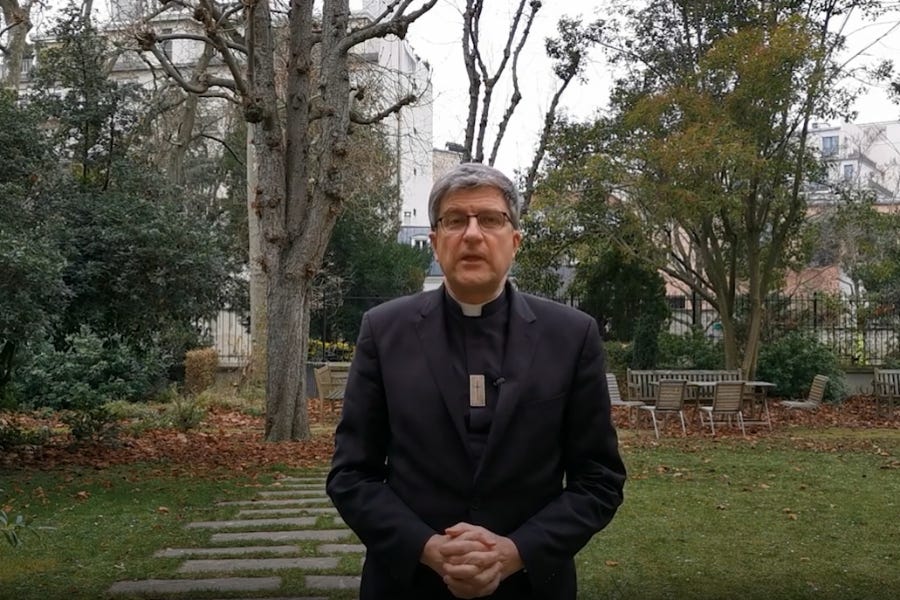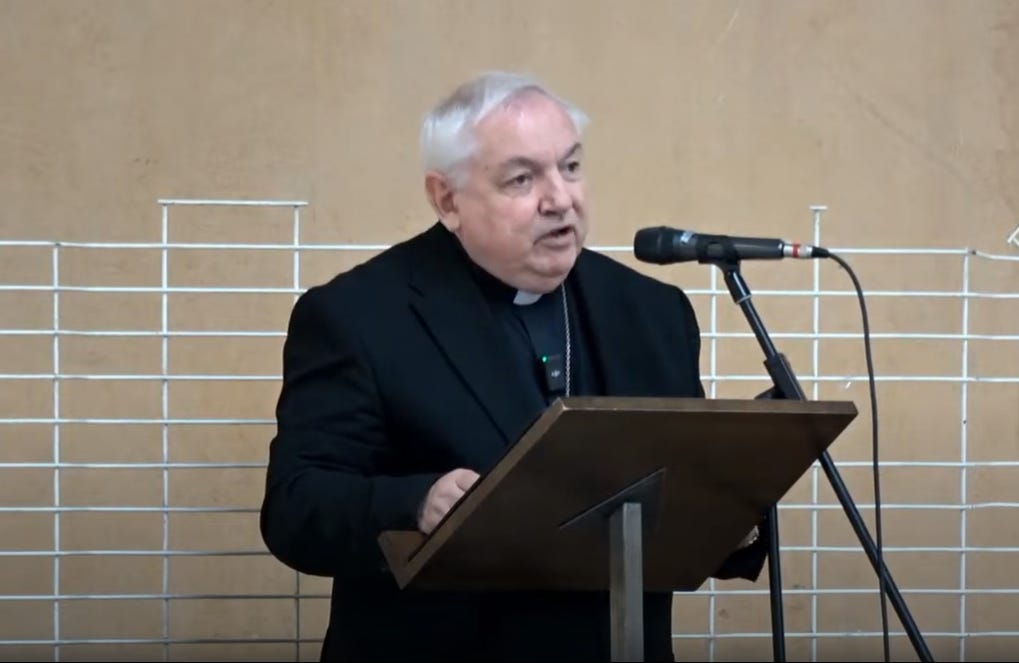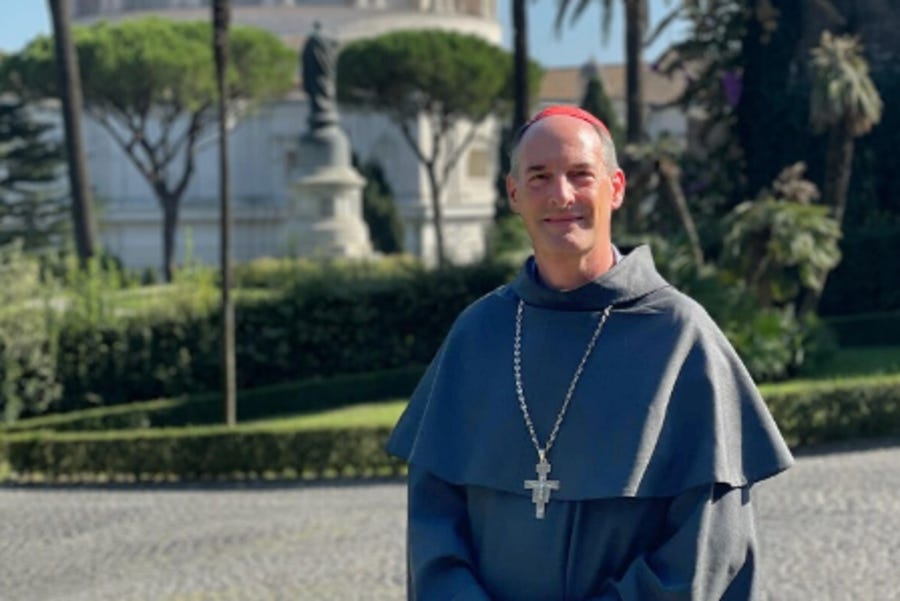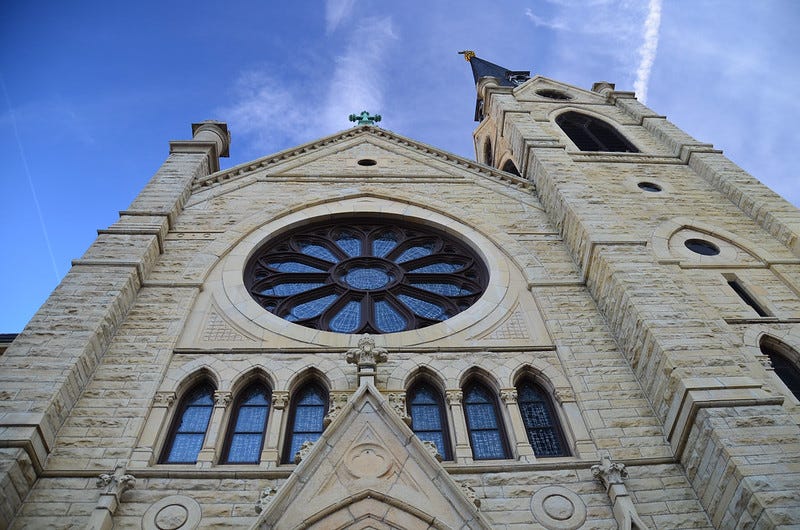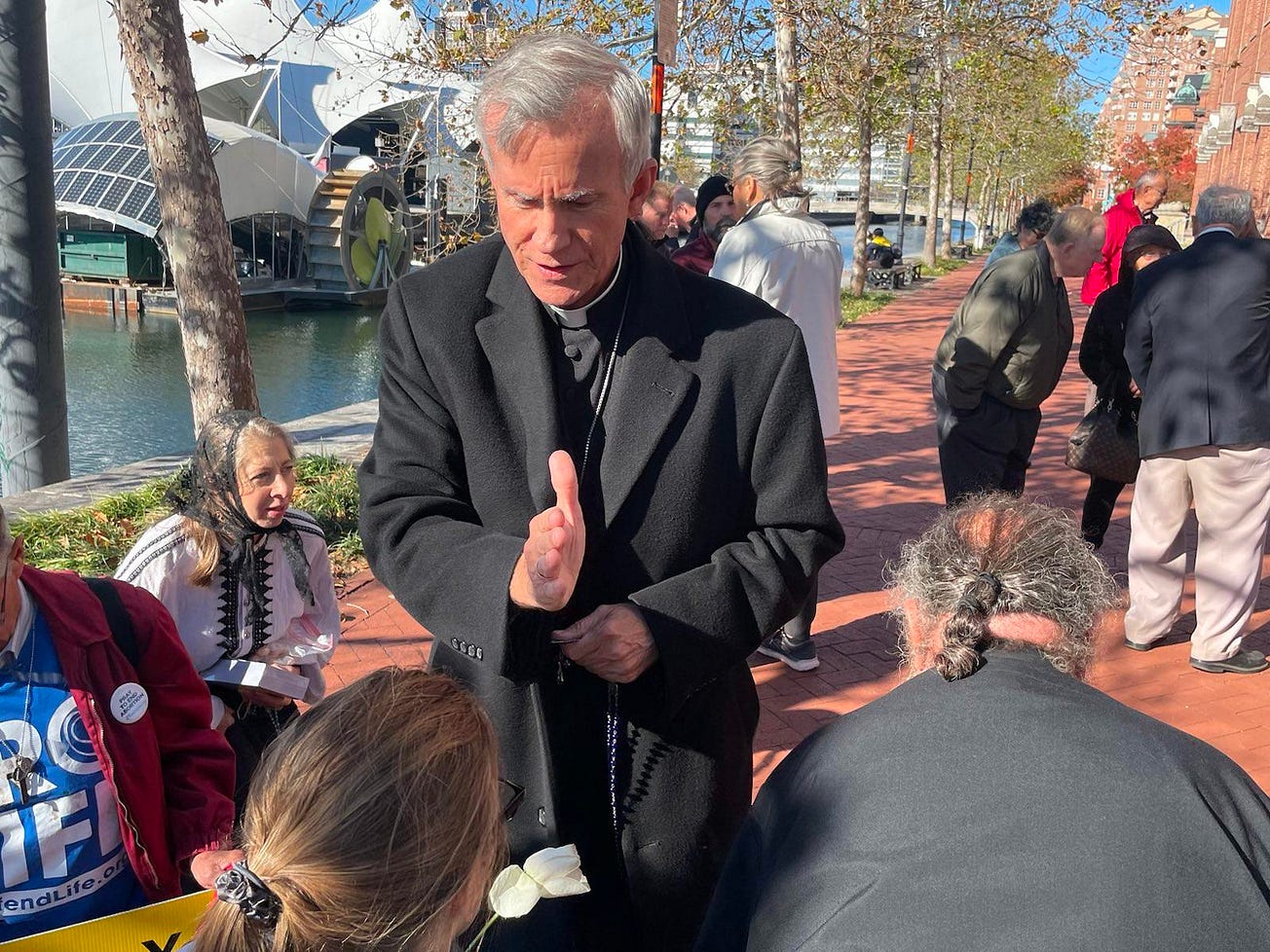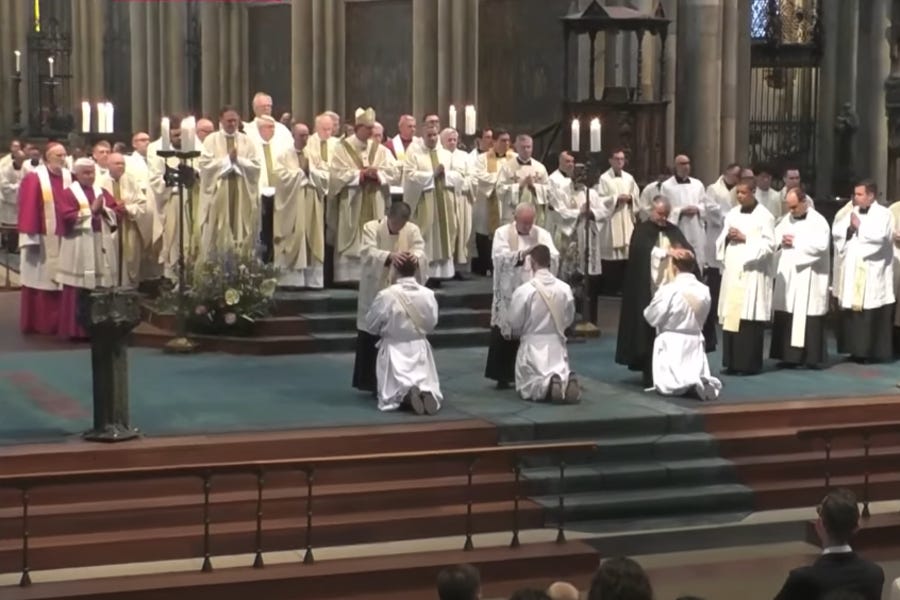French Church leaders will gather in Lourdes Monday to elect a new president of the country’s bishops’ conference.
Archbishop Éric de Moulins-Beaufort is stepping down after serving the maximum two three-year terms at the helm of one of the world’s most influential bodies of bishops.
Moulins-Beaufort, the Archbishop of Reims, was elected president on April 3, 2019, just 13 days before fire gutted Notre-Dame Cathedral in Paris.
His six-year tenure was marked by other dramatic events: the publication of a devastating report on historical abuse cases, a clash with the French state over the confessional seal, a terror attack at a basilica, a rash of abuse allegations against retired bishops, a push for assisted suicide, and the Abbé Pierre scandal.
The bishops will hold a secret ballot at their March 31-April 4 spring plenary assembly. The winner, who must gain more than two-thirds of votes, will lead the bishops’ conference until 2028.
Who is likely to replace Moulins-Beaufort as president? Here’s a look at the runners and riders.
The candidates
French media are more or less unanimous that there is one obvious frontrunner to succeed Moulins-Beaufort.
He is Cardinal Jean-Marc Aveline, the high-profile Archbishop of Marseille, France’s second-most populous city after Paris.
The 66-year-old, who was born in French Algeria and grew up in Marseille, is said to be highly esteemed by Pope Francis, who has frequently received Aveline in private audiences, most recently in January.
In 2023, the pope accepted the cardinal’s invitation to visit Marseille on a two-day trip, despite Francis’ desire to avoid visiting Europe’s major nations in favor of countries on the continent’s “peripheries.”
According to Le Parisien, Aveline made a strong impression at a papal Mass with 60,000 people at Marseille’s Stade Vélodrome.
“The cameras couldn’t miss Jean-Marc Aveline’s cloudless smile, his earthy accent, and his Marseille bonhomie, as he stood next to the Holy Father,” the newspaper observed poetically.
The pope officially visited Marseille to take part in the Rencontres Méditerranéennes, a series of meetings seeking to strengthen bonds between the countries surrounding the Mediterranean Sea.
Aveline’s leading role in the project has reportedly impressed his fellow French prelates, who believe the cardinal’s direct access to Pope Francis would be a considerable benefit for the bishops’ conference. Aveline himself is frequently described as papabile, especially by the French media.
But Aveline isn’t the only charismatic cardinal in France to be showered with papal favor.
Cardinal François-Xavier Bustillo convinced Francis to make a historic day trip to Corsica in December 2024 — his last before his hospitalization for double pneumonia.
Bustillo, a 56-year-old Conventual Franciscan, has been described as a “rising star of the Church,” partly thanks to his influential 2021 book “La Vocation du prêtre face aux crises” (known in English as “Witnesses, Not Officials”), which Pope Francis gave to clergy attending the Chrism Mass at St. Peter’s Basilica in 2020.
In a further sign of Vatican esteem, Bustillo’s next book was based on conversations with Archbishop Edgar Peña Parra, the equivalent of a papal chief of staff, and contained a preface by Pope Francis.
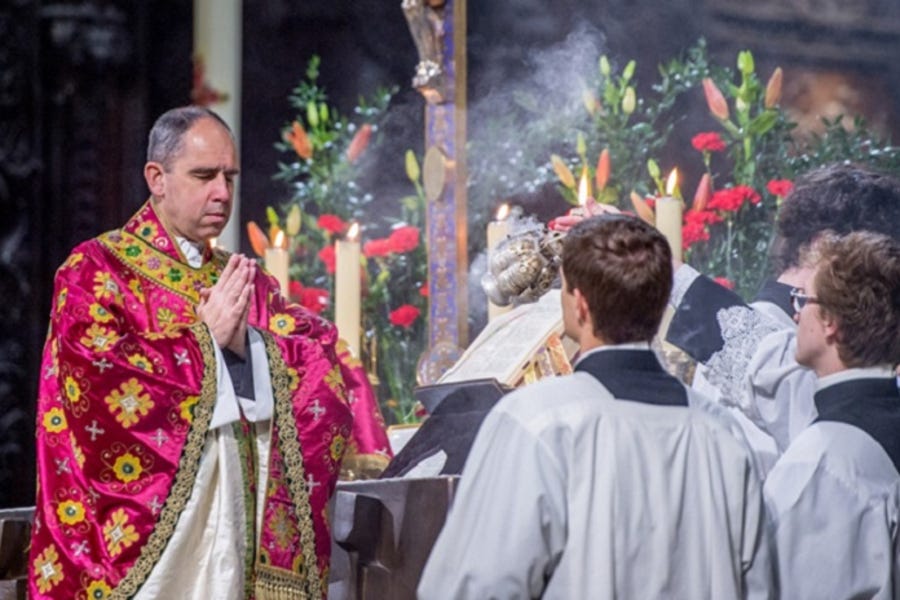
But while proximity to Pope Francis elevates Aveline and Bustillo’s profiles, it won’t necessarily be the deciding factor in the bishops’ ballot.
Dark horse candidates for the bishops’ conference presidency include Bishop Matthieu Rougé, the 59-year-old Bishop of Nanterre, known for his effective engagement in public debates and commitment to evangelization. Rougé is considered an outsider because he lacks the international recognition and cardinal’s red hat of Aveline or Bustillo. But he is respected for his intellectual firepower and pastoral energy.

